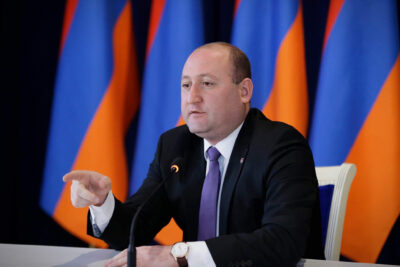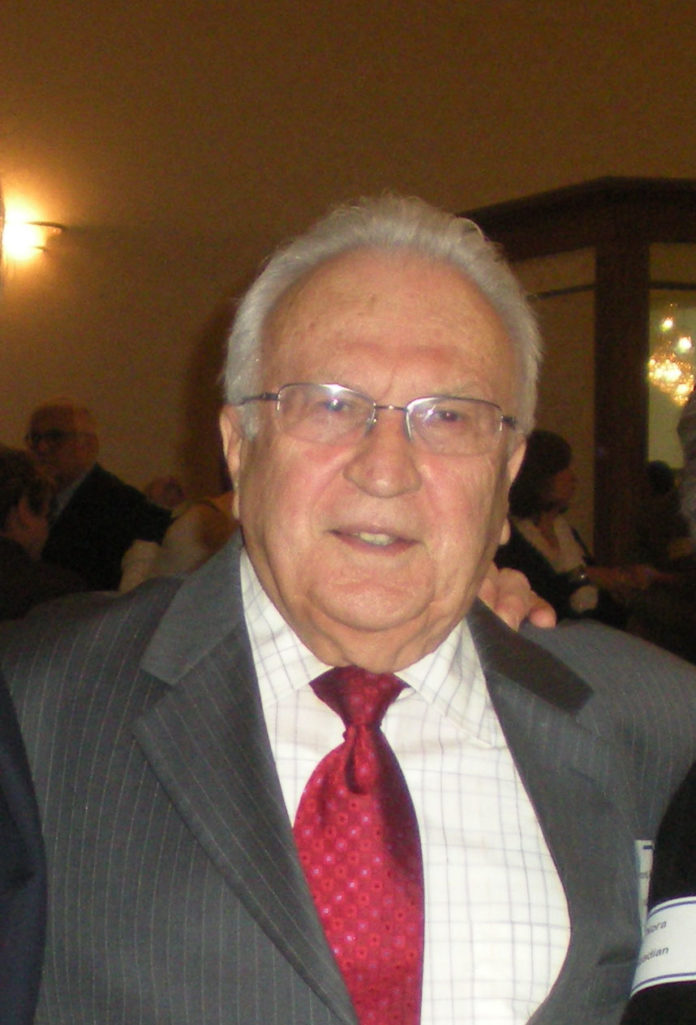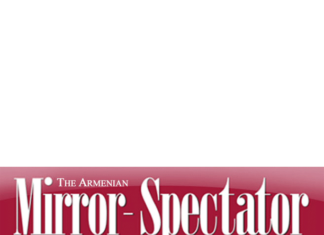By Edmond Y. Azadian
Armenians have a famous medieval fable writer called Vartan Aykeghtzi, one of whose fables has not lost its relevance today and may characterize Armenian life, or in this case, the mission of the Armenian Mirror-Spectator.
It is the story of an able-bodied soldier scoffing at a handicapped one: “How are you going to run away when the enemy shows up? The other soldier responds: “I am not joining the army to run away. I am going to the front to stand up against the enemy, fight and win.”
The founders of this paper were handicapped in many ways but desertion was not one of their options.
By the 1930s, the early wave of immigrants was coming of age and the next generation was forcing its way into the leadership ranks of the Armenian community life.
The founders of the Mirror-Spectator had a moment of soul searching: the community was getting organized and the youth were gradually taking over the leadership roles, while the Armenian language was lagging behind and hampering communication between the two generations. They were all proficient in the mother tongue and wondered for an instant whether they were betraying their heritage if they bypassed the language. But finally, the founders decided that language was only the means — the messenger —and that the message of history had somehow to be conveyed to the younger generation, even if it meant using English. They did not hesitate too long, especially in view that the sister publication, Baikar daily, published in Armenian, was still thriving.










